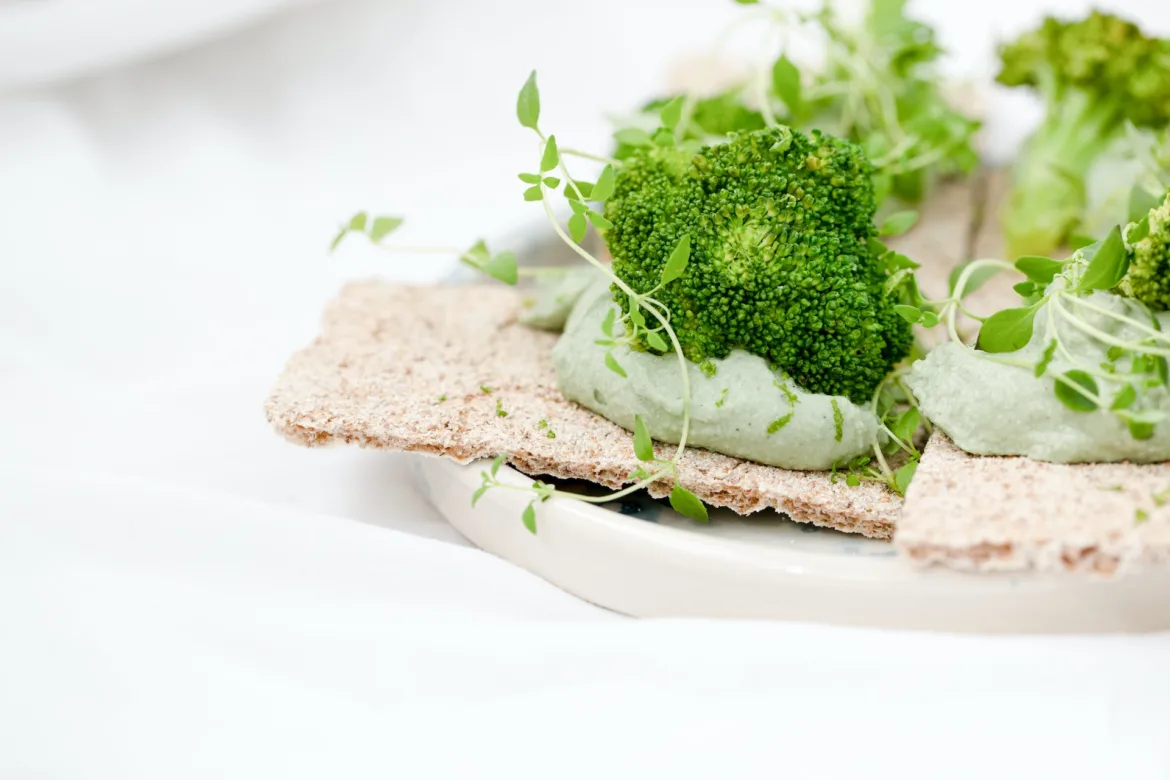Introduction: Spirulina: What is it?
Spirulina is a form of blue-green algae that is packed with numerous health benefits. While its strikingly vivid hue can be captivating, it’s the incredible nutrient profile and potential health advantages that have made it a buzzword in wellness circles. Now, I remember my grandmother often mentioning how these tiny wonders were a staple in her village back in the day. Isn’t it amazing how old-world wisdom finds its way back into modern life?

Table of Contents
The Historical Context of Spirulina
This nutrient-rich algae isn’t a recent discovery. Historical records, in fact, reveal its consumption by the ancient Aztecs, who considered it a staple in their diet. With its origins tracing back to lakes in Africa and Central America, this superfood has now found its place on shelves across the globe, thanks to its rising popularity and proven health benefits.
Nutritional Makeup of Spirulina

Understanding what’s inside these tiny wonders can offer insights into their growing reputation.
- Vital Vitamins and Minerals
From vitamin A, vitamin C to essential minerals like iron and magnesium, spirulina is a powerhouse. It’s like nature’s multivitamin! - Essential Fatty Acids and Amino Acids
Amino acids are the building blocks of proteins, and guess what? Spirulina is teeming with them. Also, with the added advantage of omega-3 and omega-6 fatty acids, it’s a boon for vegetarians and vegans looking for non-animal sources.
Health Benefits: Why It’s Dubbed a Superfood

- Boosting Immunity
You know that feeling when everyone around is catching a cold, and you’re the only one standing tall? That could be the spirulina working its magic. - Enhancing Energy and Stamina
Feel that afternoon slump creeping in? A dose of spirulina might just be the pick-me-up you need! - Skin and Beauty Perks
Glowing skin and luscious hair – who doesn’t want that? The antioxidants present play a pivotal role in achieving this. - Promoting Digestive Health
The fibre content and the beneficial nutrients help in keeping your gut healthy. - Supporting Cardiovascular Health
Heart health is pivotal, and the omega fatty acids in spirulina play a role in ensuring your heart beats healthily. - Offering Detoxification Properties
Living in cities exposes us to pollutants. Spirulina can assist our bodies in detoxing, making us feel refreshed. - Assisting in Weight Management
Aiding metabolism and keeping you fuller for longer, spirulina can be your ally in your weight loss journey.
How to Incorporate Spirulina in Your Diet

From smoothies to salads, there’s a multitude of ways to make this superfood a regular part of your diet. Remember, moderation is key.
Potential Side Effects and Considerations
While spirulina is generally considered safe, it’s always best to be aware of potential side effects and consult a health professional before making any drastic changes to your diet.
Firsthand Experiences with Spirulina
I recall a friend mentioning how incorporating spirulina into her diet transformed her energy levels and skin. Such anecdotes further underscore the potential benefits of this algae.
Spirulina vs. Other Superfoods
In a world teeming with superfoods, how does spirulina stack up? Pretty well, if the growing body of research is anything to go by.
Growing Popularity in the Culinary World
From gourmet restaurants to home kitchens, spirulina has been making waves. Those vibrant green pancakes you saw on Instagram? Yep, probably the handiwork of this superfood.
Future Prospects of Spirulina Research
The future looks promising, with increasing interest from the scientific community. More research can unlock further benefits of this nutritional powerhouse.

Conclusion
Spirulina, with its rich history, proven health benefits, and promising future, undeniably stands tall in the world of superfoods. As with anything, it’s crucial to approach it with a balanced perspective and seek professional advice when necessary. But, as the saying goes, good things come in small packages, and spirulina is a testament to that.
FAQs
What is spirulina primarily known for?
Primarily, it’s known for its rich nutrient profile, including vitamins, minerals, and essential fatty acids.
How can I add spirulina to my meals?
You can sprinkle it on salads, blend it in smoothies, or even incorporate it into baked goods.
Is it safe for everyone to consume?
While generally safe, individuals with specific health conditions or allergies should consult with a healthcare provider first.
How often should one consume spirulina?
Moderation is key. A small daily dose, as recommended by health professionals, is generally deemed sufficient.
Does it have a particular taste?
It has a slightly seaweed-like taste, which can be masked when mixed with other foods.
Can it replace my multivitamins?
While packed with nutrients, it’s always best to consult with a health professional regarding any dietary changes.



